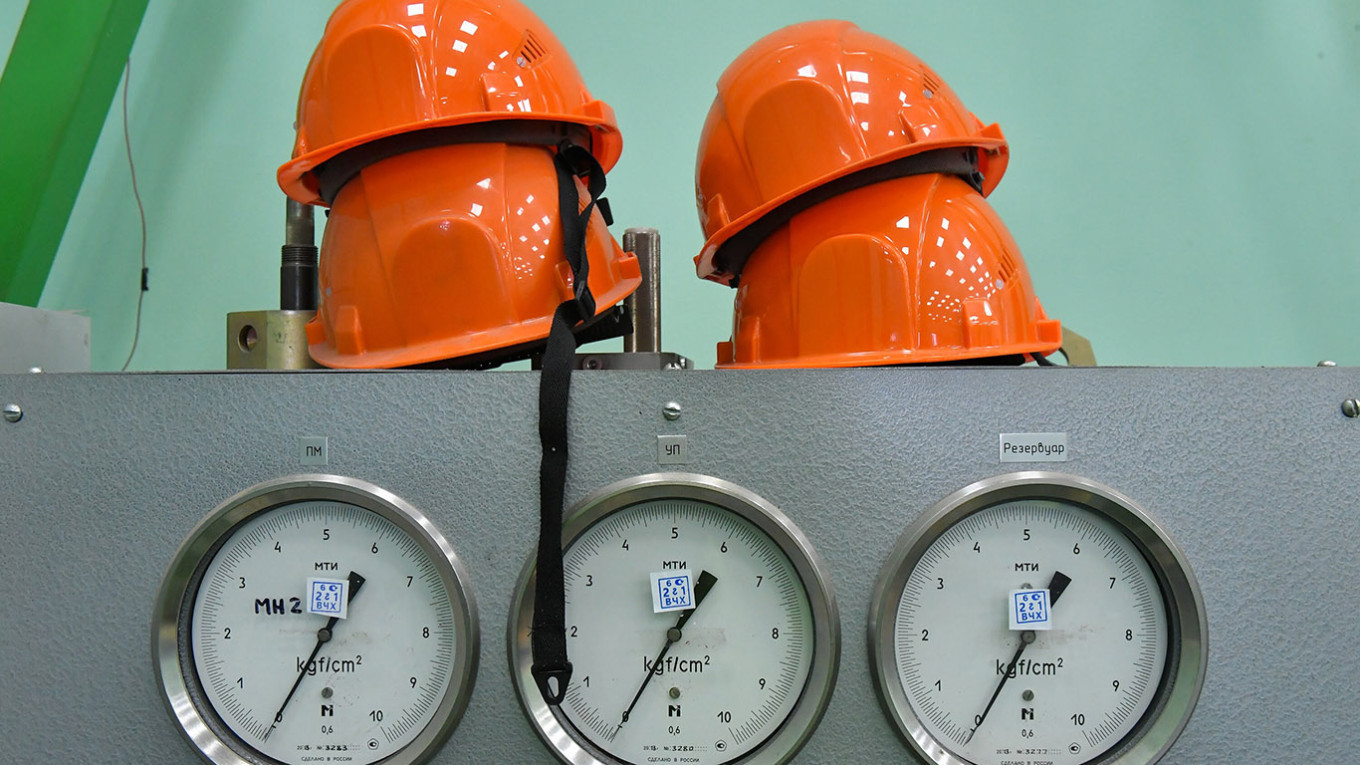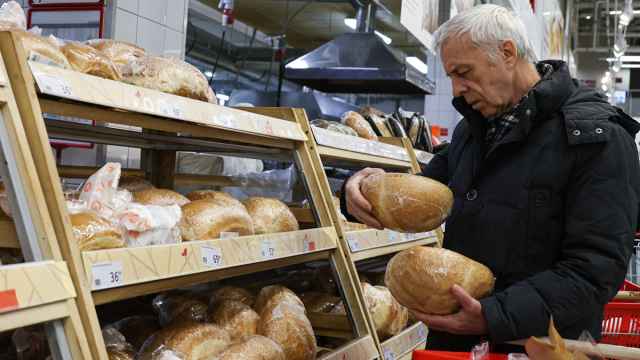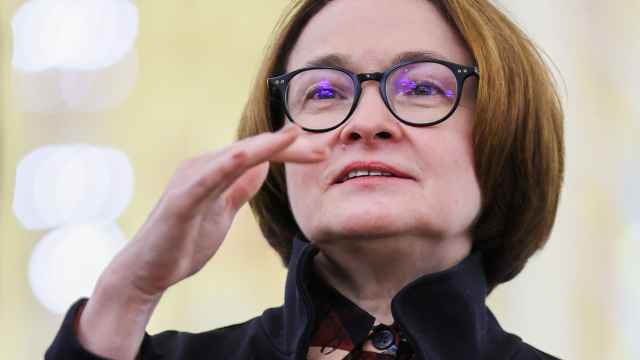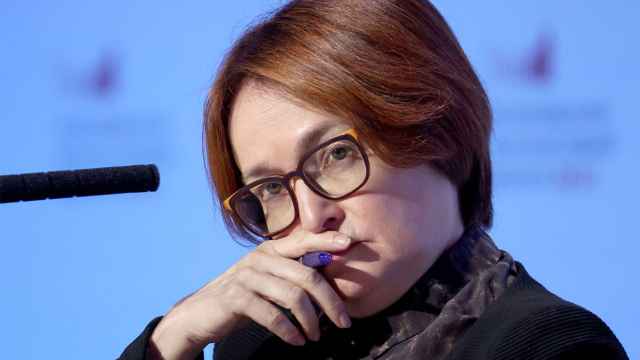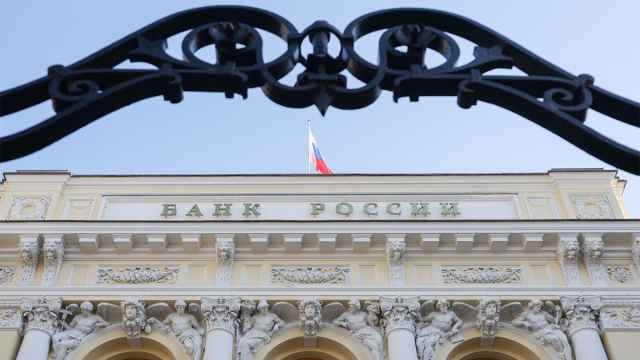Hopes for relief in Russia’s overheated labor market are fading as new data point to persistent worker shortages, continued wage pressure and rising costs for employers despite recent optimism from the Central Bank.
While the Central Bank cited early signs of easing in labor market strain when lowering its key interest rate to 18% last week, the broader picture suggests that the shortage of workers remains acute.
Russia’s unemployment rate held steady at a historic low of 2.2% in June, unchanged from May, according to the state statistics agency Rosstat.
Strong demand for labor has kept wages climbing. In May, the average monthly wage reached 99,422 rubles ($1,243, according to spot foreign exchange market data published by Reuters), up from 97,375 rubles ($1,217) in April, a 14.5% annual increase. Adjusted for inflation, that amounts to a 4.2% real wage gain.
Although slightly slower than April’s 4.6% increase, the rise still marks a significant burden for employers.
The Central Bank has noted that many companies are increasingly unable to keep up with rapid wage hikes and have begun stepping back from what it called a “wage race.”
The impact on corporate finances has been dramatic. In the first quarter of 2025, labor compensation accounted for 50.2% of Russia’s GDP — up from 46.8% a year earlier — while the share of profits shrank from 44.5% to 41.9%, according to Rosstat.
“The pressure of increased wages on added value has reached an all-time high across a wide range of industries,” said Dmitry Belousov of the government-affiliated CMACP analytical center.
Analysts from the state-owned Gazprombank estimate that real, seasonally adjusted wages rose by 2.8% from April to May alone.
The analytics firm Tverdyye Tsifry also reported that wage trends continue to show no signs of cooling.
Despite the high pay, Russia’s labor market remains historically tight, with the number of job openings continuing to outstrip the number of available workers.
Gazprombank estimates that the economy needs about 1.8 million workers, while the total number of unemployed is just 1.7 million. The average job search time in June rose slightly to 5.1 months but still hovers at record lows, and the ratio of vacancies to jobseekers remains near peak levels seen in late 2024.
While Central Bank Governor Elvira Nabiullina said "fewer companies are reporting staff shortages" and that "businesses are planning more moderate wage increases this year," economists caution that headline indicators may mask deeper problems.
Natalia Orlova, chief economist at private lender Alfa Bank, noted that a slowdown in job postings may not signal easing demand, but rather growing frustration among businesses that can’t find candidates.
Nabiullina acknowledged the labor shortage as one of two key risks to the bank’s inflation outlook, along with elevated consumer expectations.
“The situation here is still far from one where we could say that the danger of accelerating price growth has passed,” she said.
A Message from The Moscow Times:
Dear readers,
We are facing unprecedented challenges. Russia's Prosecutor General's Office has designated The Moscow Times as an "undesirable" organization, criminalizing our work and putting our staff at risk of prosecution. This follows our earlier unjust labeling as a "foreign agent."
These actions are direct attempts to silence independent journalism in Russia. The authorities claim our work "discredits the decisions of the Russian leadership." We see things differently: we strive to provide accurate, unbiased reporting on Russia.
We, the journalists of The Moscow Times, refuse to be silenced. But to continue our work, we need your help.
Your support, no matter how small, makes a world of difference. If you can, please support us monthly starting from just $2. It's quick to set up, and every contribution makes a significant impact.
By supporting The Moscow Times, you're defending open, independent journalism in the face of repression. Thank you for standing with us.
Remind me later.


